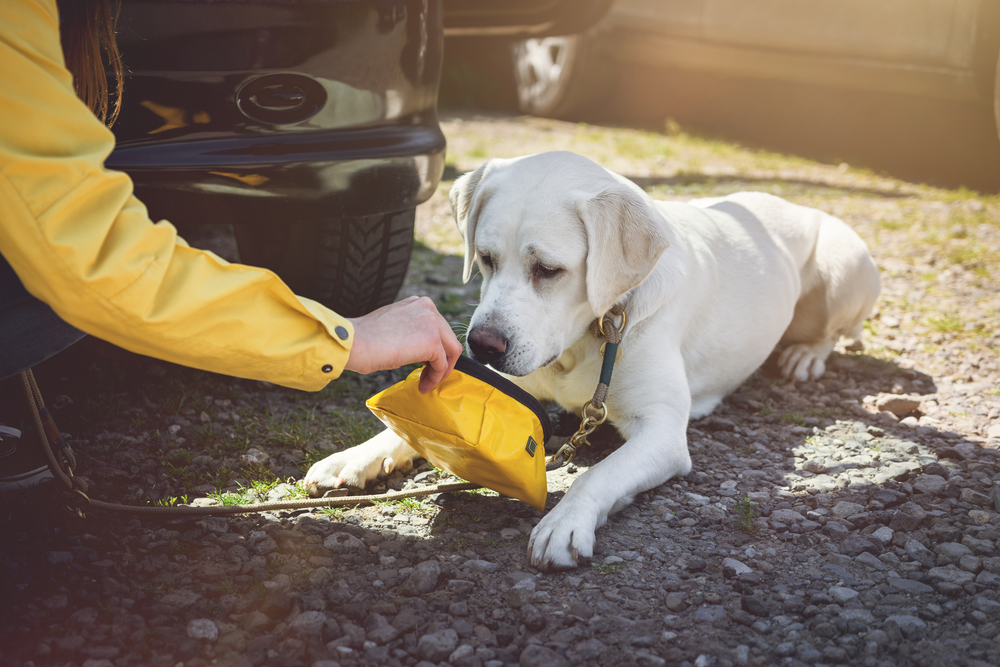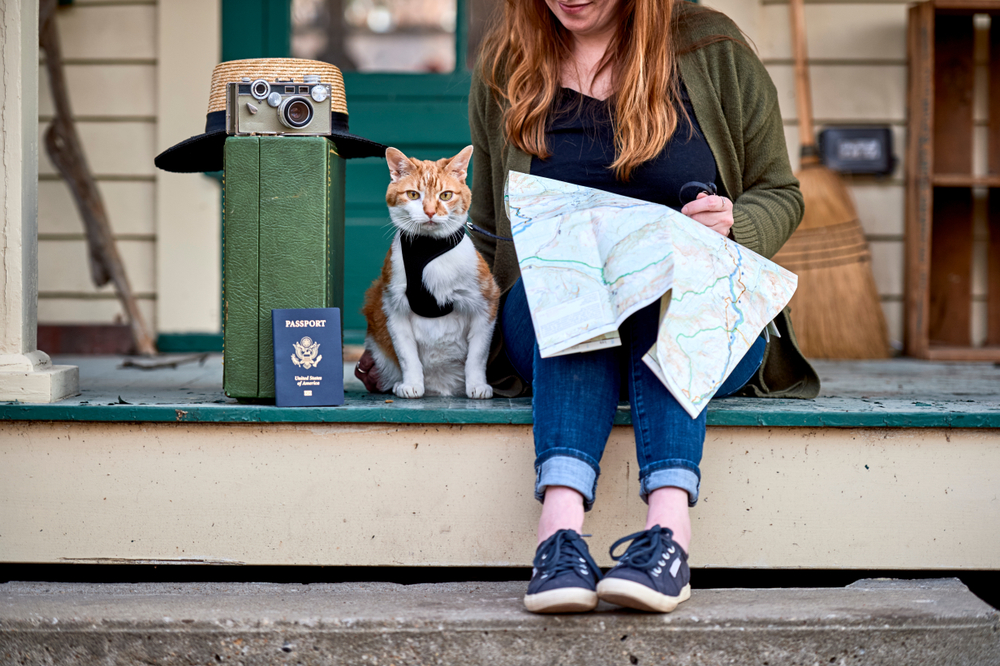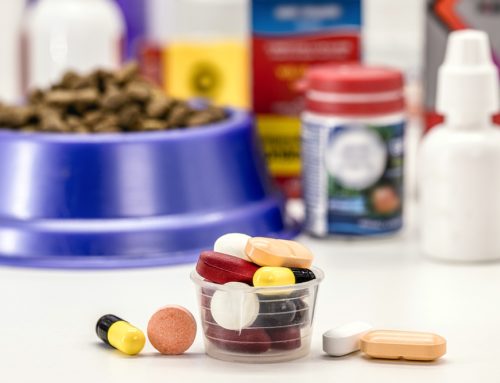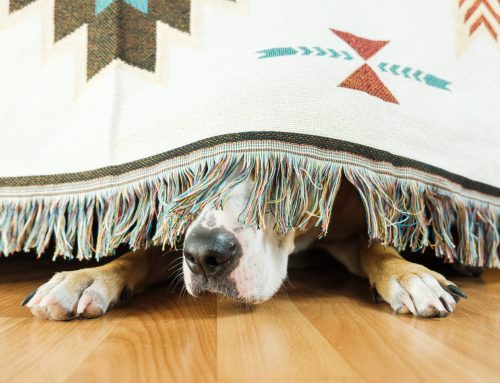Planning any adventure can be stressful, but when you’re including your pet, many more factors should be considered, including any necessary paperwork, health certificates, identification, medications, and pet-friendly accommodation. Imagine showing up in a tropical location with your pet, only to be told she needs to be quarantined for six months. Prepare in advance to avoid unpleasant surprises. To help, we’ve simplified the necessary steps to ensure traveling with your furry friend is a cinch.
Tip #1: Check your destination’s requirements
If you’re planning a long trip with your pet, you won’t get far without the necessary paperwork, especially if you’re traveling outside the country. Many places require health certificates signed no more than 10 days in advance of traveling by a USDA-accredited veterinarian. Before scheduling your pet’s exam for her health certificate, check with your mode of travel and destination to ensure you take care of the correct paperwork and vaccinations. Airlines, railroads, boats, and car rentals have different requirements for pet travel, and crates, housing location, temperature restrictions, and size or breed stipulations vary from company to company.
Tip #2: Stock up on your pet’s medications
For pets who take regular medications for chronic conditions, such as osteoarthritis, heart disease, or endocrine disorders, ensure your supply will last well past your expected return date. Your pet may refuse to eat pills crushed and mixed into food if she’s stressed in a new place, and you will go through medication more quickly. Don’t forget to take your pet’s heartworm, flea, and tick preventives with you to keep her on schedule, as well.
If your pet is the type who vomits simply looking at a vehicle, our solution is Cerenia, a medication designed for combating pet nausea and vomiting, making it perfect for motion sickness.
We can also help pets who suffer from anxiety and fear, especially when traveling or confined to a carrier, or meeting new people. Discuss anti-anxiety and calming medications, supplements, and pheromones with us at your pet’s health certificate exam.
#3: Update your pet’s identification
Can you imagine losing your pet, only to have someone find her and call your old phone number on her tag? Coming so close to finding your beloved companion only to be thwarted by outdated contact information would be heart-breaking. Check your pet’s identification tags to ensure they’re legible and easy to read, and have your current contact information.
If your pet is not microchipped, we suggest scheduling an appointment for microchip administration. With a quick visit, we can implant a microchip, a permanent form of identification, under your pet’s skin between her shoulder blades, similar to injecting a vaccination. If your pet becomes lost, an animal shelter or veterinary clinic can scan her to detect her chip number. The microchip number is linked to your contact information, allowing you to be called as soon as your four-legged friend is found.
#4: Plan your route
Before your trip, ensure your pet is allowed to travel with you and look into available accommodations. You may want to cancel your trip if your pet can’t go with you—after all, holidays without all your family members, four- and two-legged, are no fun. If you’re planning a road trip, check for stops along the way that are pet-friendly, including areas for bathroom breaks that allow your pet to eliminate, stretch her legs, and engage in mental stimulation for a calmer ride. Once you’ve reached your destination, whether it’s a resort, hotel, Airbnb, or with family, ensure your pet is also welcome. If not, check into boarding facilities and make reservations well in advance.
Prior to traveling, scope out emergency veterinarians, as well. Disaster can strike at any time, leaving your injured or ill pet requiring medical care. Check for an AAHA-accredited veterinary practice near you, or search for an emergency veterinary clinic, if needed.
#5: Pack your pet’s supplies

When traveling, nothing is worse than realizing you left an important item at home. Before hitting the road, create a checklist to ensure you have all your pet’s necessary supplies, including
- Food and water dishes
- Food, including an additional five-day emergency supply
- Medication
- Bed
- Carrier or crate
- Leash with collar or harness
- Waste bags, or litter box with litter
- Cleaning supplies
- Toys
- Treats
- Interactive food puzzles
- Any necessary paperwork
Planning a holiday getaway with your furry friend? Schedule her health certificate exam to ensure you’re ready to pack your bags.








Leave A Comment